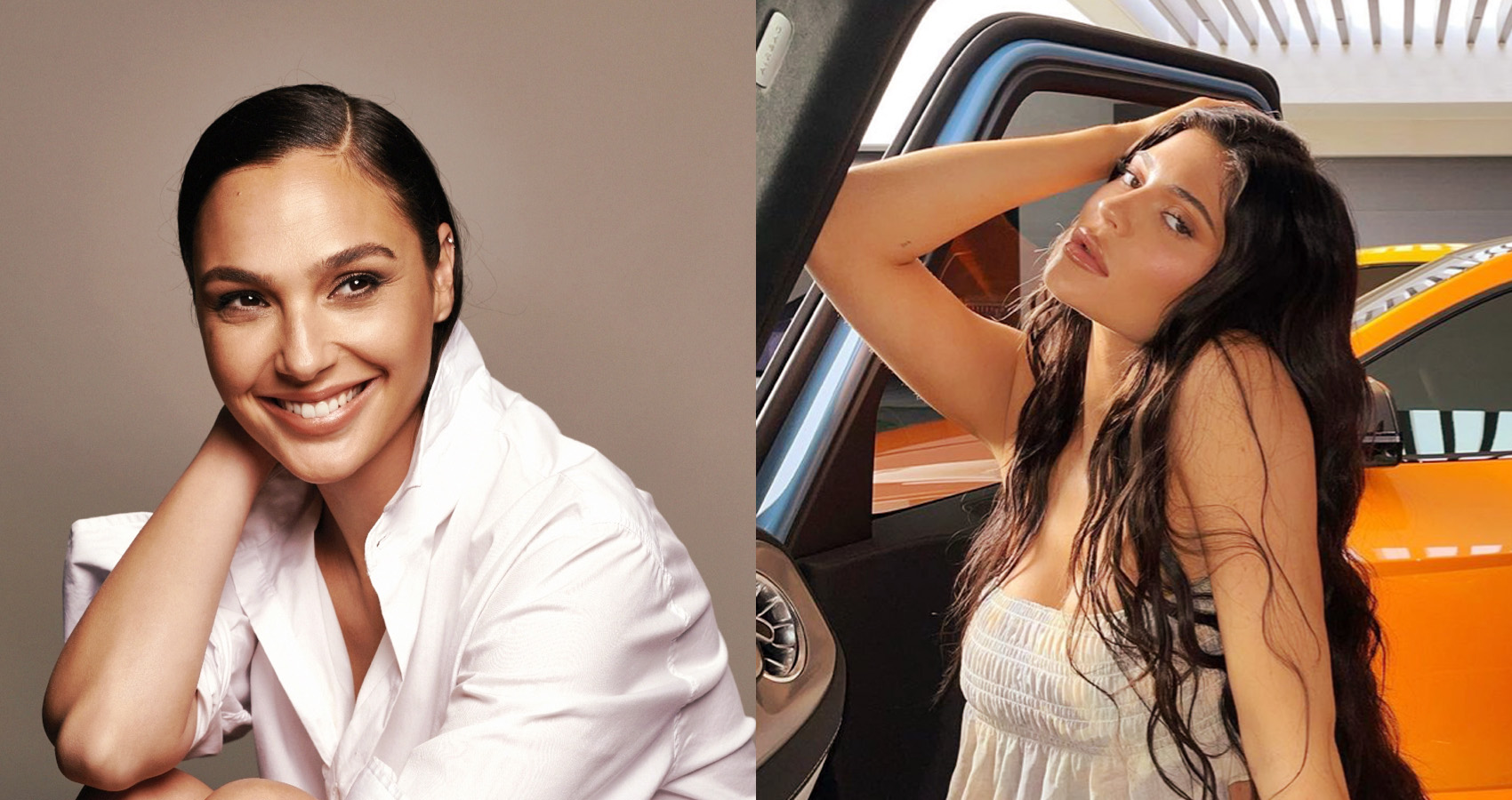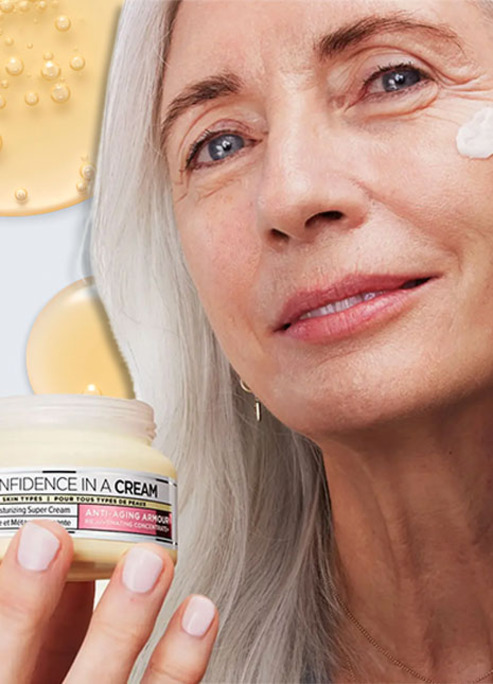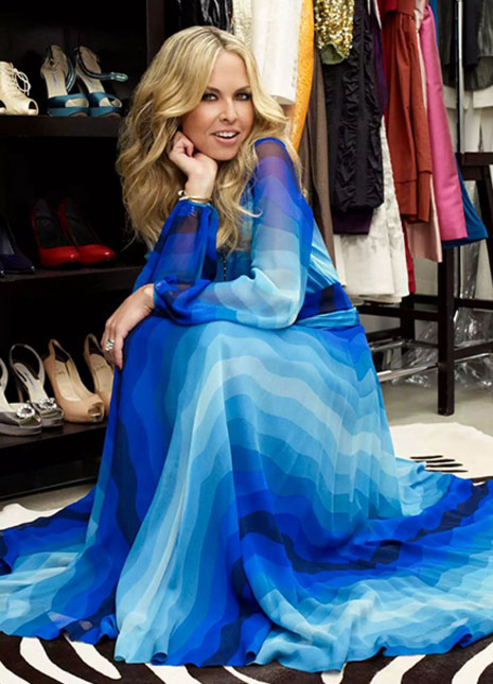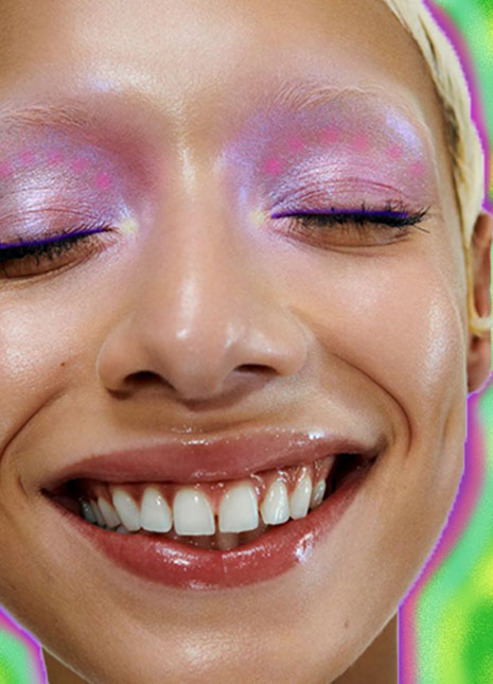
Is The #nomakeup Trend Actually Empowering?
Are any beauty trends trustworthy after all?
The natural look has been a thing for quite a while now. With celebrities such as Kylie Jenner, Gal Gadot and Laverne Cox joining in on the #nomakeup trend, more and more women (and men) have gained confidence to show their bare face on social media as a result of the empowering aspect the hashtag implies-we are all beautiful, with or without makeup. Are we, though?
And the truth is, yes, we are! But the #nomakeup trend has done little to nothing to discourage people from using less makeup, from hiding themselves less and loving themselves more. In fact, it has been doing quite the opposite. A recent study from the University of Georgia, published in the Journal of the Academy of Marketing Science, has shown that rather than opting for less makeup, actually women have been investing more effort into their appearance in order to achieve a 'natural' look while still showing an 'improved' version of themselves. This way, rather than encouraging people to show their natural selves to the world, the trend has been actually associated with an increase in makeup sales.
Rossana Smith, assistant professor in the Terry College of Business and the lead author of the study, stated that despite common belief, their research showed that 'the no-makeup movement actually exacerbated a key tension that women often have to manage: They’re pressured to look attractive or maintain a set of beauty standards. But they’re also punished or ridiculed for putting effort into maintaining those standards by wearing makeup.'
Does celebrating "natural beauty" liberate us from the mirror or just make us work harder to appear effortless?
— Rosanna K Smith (@rosannaksmith) August 13, 2021
So excited that our research on the #nomakeup movement has been published @JAMS_updates! To check it out, head to link below:https://t.co/mRn59Siqmv pic.twitter.com/3P2w7bx4xc
The researchers analyzed 784 Instagram selfies which included the #nomakeup hashtag, and separated them into two categories: the ones which actually had no makeup, and the ones who used makeup in a natural, hard to notice way. And when analyzing the engagement, the ones that received most likes were the ones where the people did, in fact, wear makeup!
But it's not just about being 'naturally beautiful', after all! It's also about how much effort you put into your appearance-and God forbit you try too hard! The researchers also showed the same selfie of a woman to 633 participants and asked them to rate how attractive the woman was. The group was split in 3: one part were told the woman was wearing no makeup, another part were told she had makeup on, while the rest were shown the photo with no mentions of makeup whatsoever. In the end (what a surprise), those who had been told the woman was wearing no makeup ended up rating her the highest in attractiveness. Smith mentions that this further enhances the difficulty of being a women in social media, as well as in society-'You need to look good but not like you tried. Given this, it’s not surprising that some women feel pressure to hide their effort', she says.
Smith is skeptical about the empowering effect of 'natural' trends, and says they might actually end up 'shaming women who may use tools to manage certain aesthetics concerns such as cystic acne'. And while not all of us might be conventionally 'naturally beautiful', we are made to believe it is now the standard-it is wrong to be 'artificially attractive', but it is also wrong to be 'naturally unattractive'. And with new trends such as glossy skin, natural brows, 'unnoticeable' plastic surgeries, as well as brands who have jumped on the bandwagon of 'natural, but better', can women really ever win?











